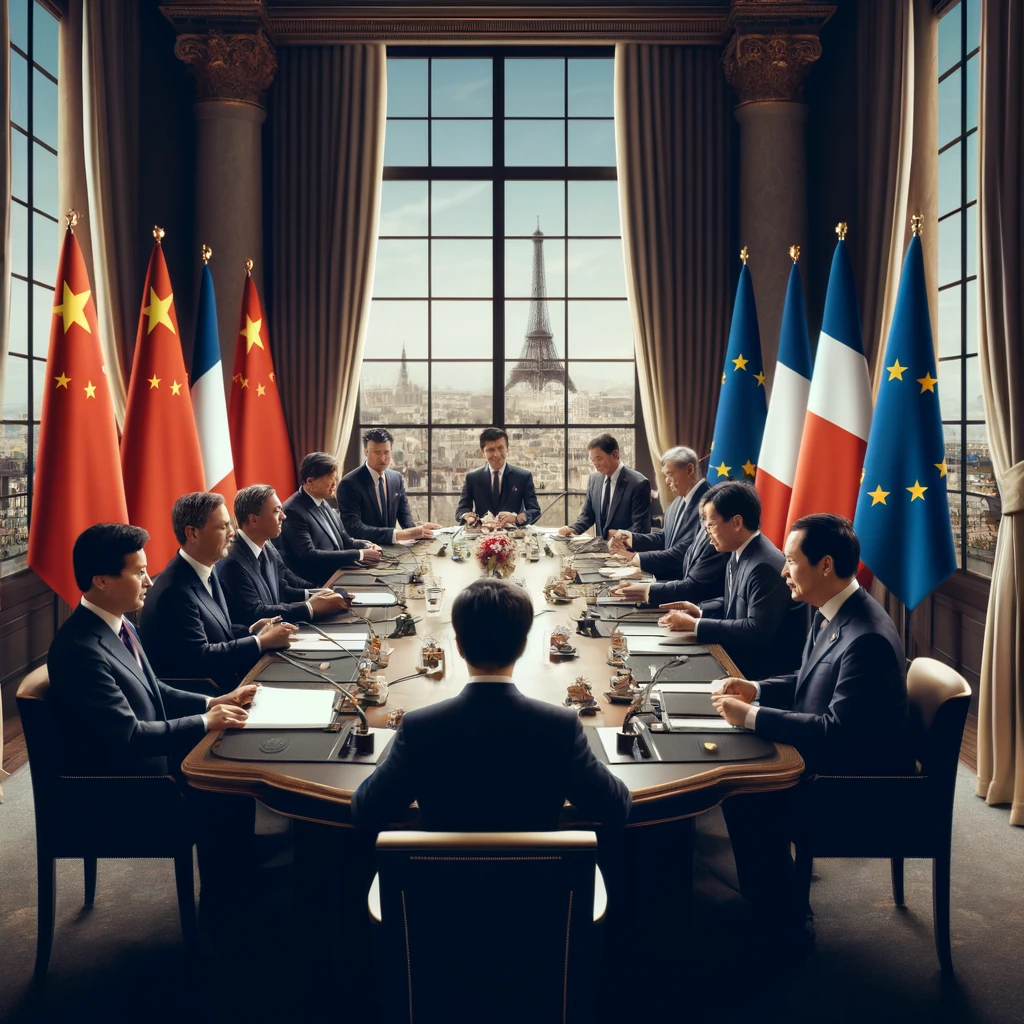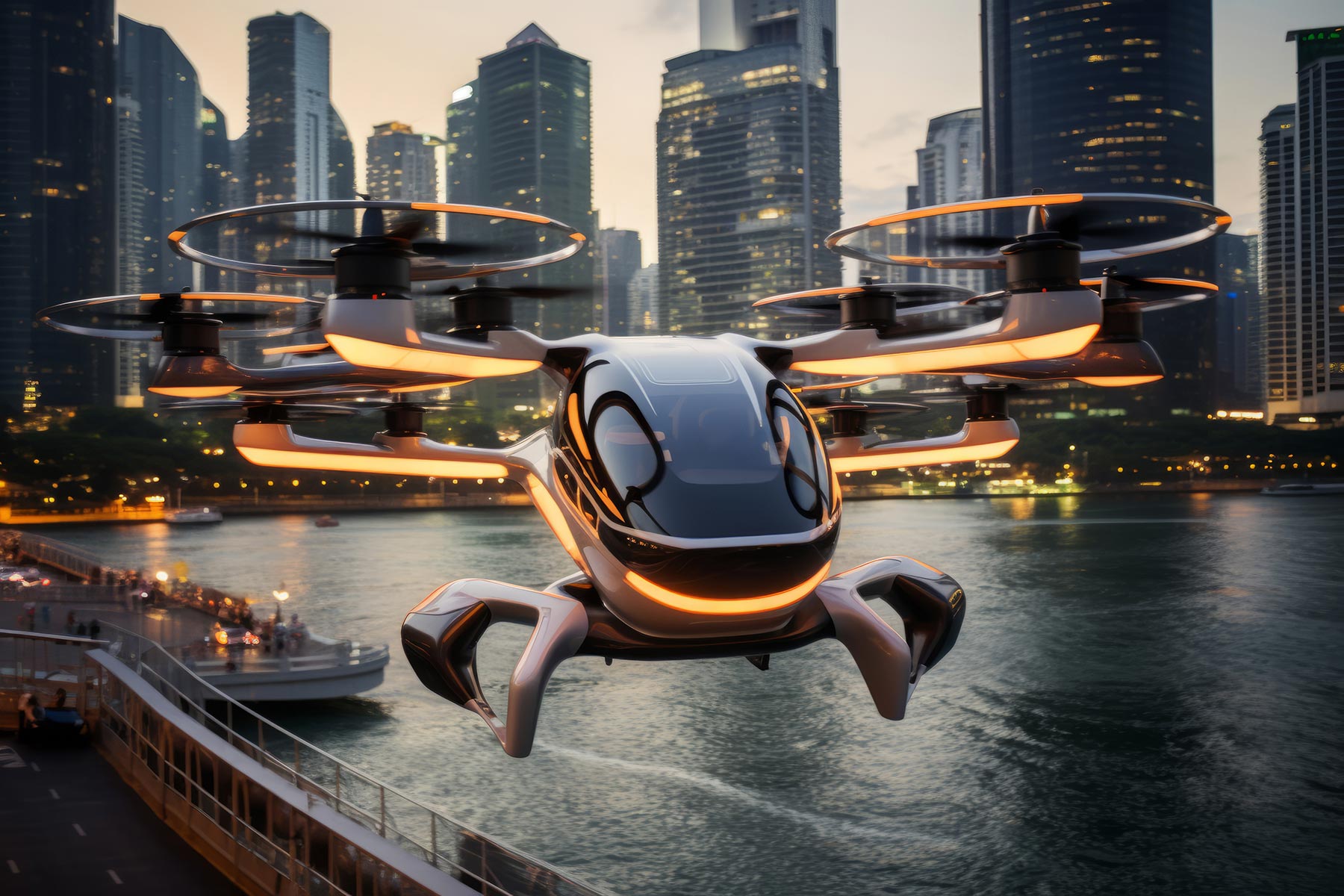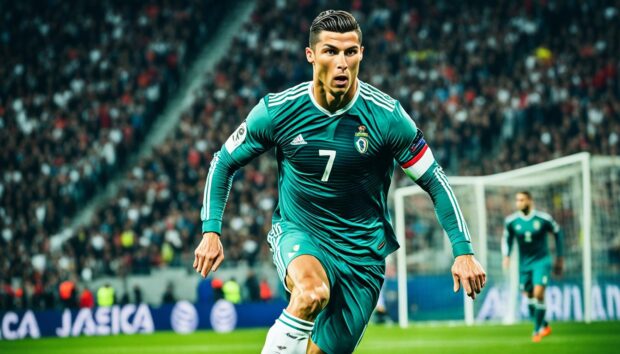
In a momentous visit marking his first European tour since 2019, Chinese President Xi Jinping, alongside his wife Peng Liyuan, commenced their European journey in France. The visit, highlighted by a series of strategic meetings, underscores burgeoning tensions and the potential for economic discord between China and the European Union, particularly concerning trade practices and geopolitical alliances.
Upon arrival in Paris, Xi was greeted by French Prime Minister Gabriel Attal. This visit comes at a critical juncture, as Europe grapples with economic challenges and the ongoing conflict in Ukraine. The French capital’s ambiance was charged with the anticipation of pivotal discussions set to address trade imbalances and the EU’s concerns over China’s expansive export practices, which include heavily subsidized sectors like electric vehicles (EVs) and steel.
The European Commission, led by President Ursula von der Leyen, has voiced frustrations over what is perceived as unfair trade practices by Beijing, which could potentially lead to significant economic shifts within Europe. In response, von der Leyen has signaled a possible imposition of punitive tariffs aimed at curbing the influx of cheaper Chinese imports that are disrupting the local market dynamics.
This diplomatic encounter will also touch on sensitive topics such as China’s role in the Ukraine conflict and its implications for European security. Amidst the backdrop of these high-stakes negotiations, Xi’s stance remains firm, advocating for a model of peaceful coexistence and mutual benefit, which he believes should guide international relations.
The visit also entails discussions on deepening security ties with Eastern European countries like Serbia and Hungary, the latter of which aims to become a hub for Chinese EV manufacturing. This alignment with Eastern Europe could reshape trade patterns and influence Europe’s economic landscape.
Moreover, this visit could potentially culminate in significant trade agreements, such as the speculated order of approximately 50 Airbus aircrafts to China. Such deals are pivotal as they not only enhance bilateral trade but also influence broader economic and political relations between China and the EU.
As Xi continues his European tour, the international community watches closely. The outcomes of these meetings could redefine the contours of global trade and diplomacy, setting the stage for a new era in China-EU relations.




















Be the first to leave a comment